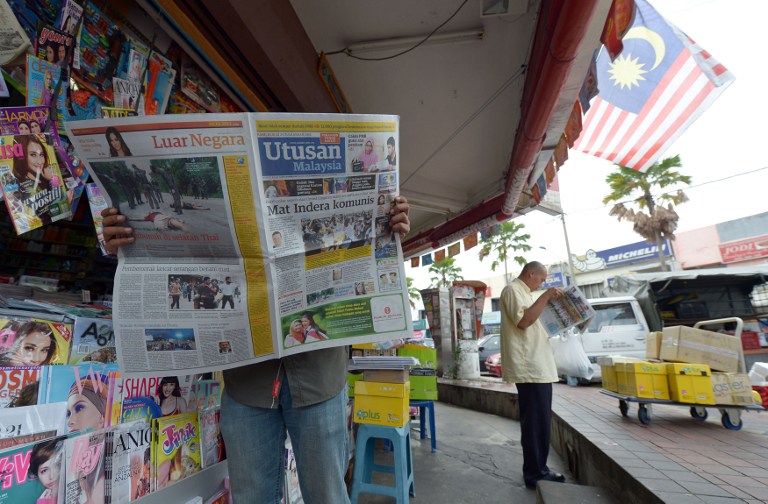KUALA LUMPUR, March 12 — Sarawak’s oldest newspaper which survived World War II is now fighting a different kind of survival — staying in business.
The New Sarawak Tribune, renamed in 2010 from its original The Sarawak Tribune, like most newspapers, has seen better times in the heydays of the print media industry but now struggling with plunging circulation with the advent of information technology and online media.
Its general manager Lim Hong Ming told Bernama today that the newspaper had undergone a facelift with emphasis on improving content to revive its past status as the state’s leading newspaper.
“We are aiming to attract more readers with better editorial content as well as revamping our online edition. But of the course the real challenge is in getting the advertising support which has weakened in recent times,” he said.
The Sarawak Tribune, which was established in 1945, stopped publication for a few months in 2006 when its printing permit was suspended by the Home Ministry after it published a derogatory caricature of Prophet Muhammad that originated from Denmark.
But instead of waiting for the permit to be reinstated, Sarawak Press Sdn Bhd which owned the newspaper decided to republish under a new masthead — The Eastern Times.
The Eastern Times ceased publication in 2010 and The New Sarawak Tribune was born to pick up where the original newspaper left off.
During its turbulent period, another English daily, The Borneo Post, owned by a timber concession company meanwhile strengthened its position and has since become the state’s leading newspaper group.
“I admit the business is tough but I am confident with much improved editorial content, the business conditions are looking up,” Lim said.
Responding to a question, he admitted that the newspaper was being subsidised commercially by its present owner, Tribune Press Sdn Bhd, and it was still difficult to determine when it could turn around.
He declined to reveal the latest circulation figures of the newspaper but industry sources in Kuching said it was printing “well below 5,000 copies daily”. — Bernama



















